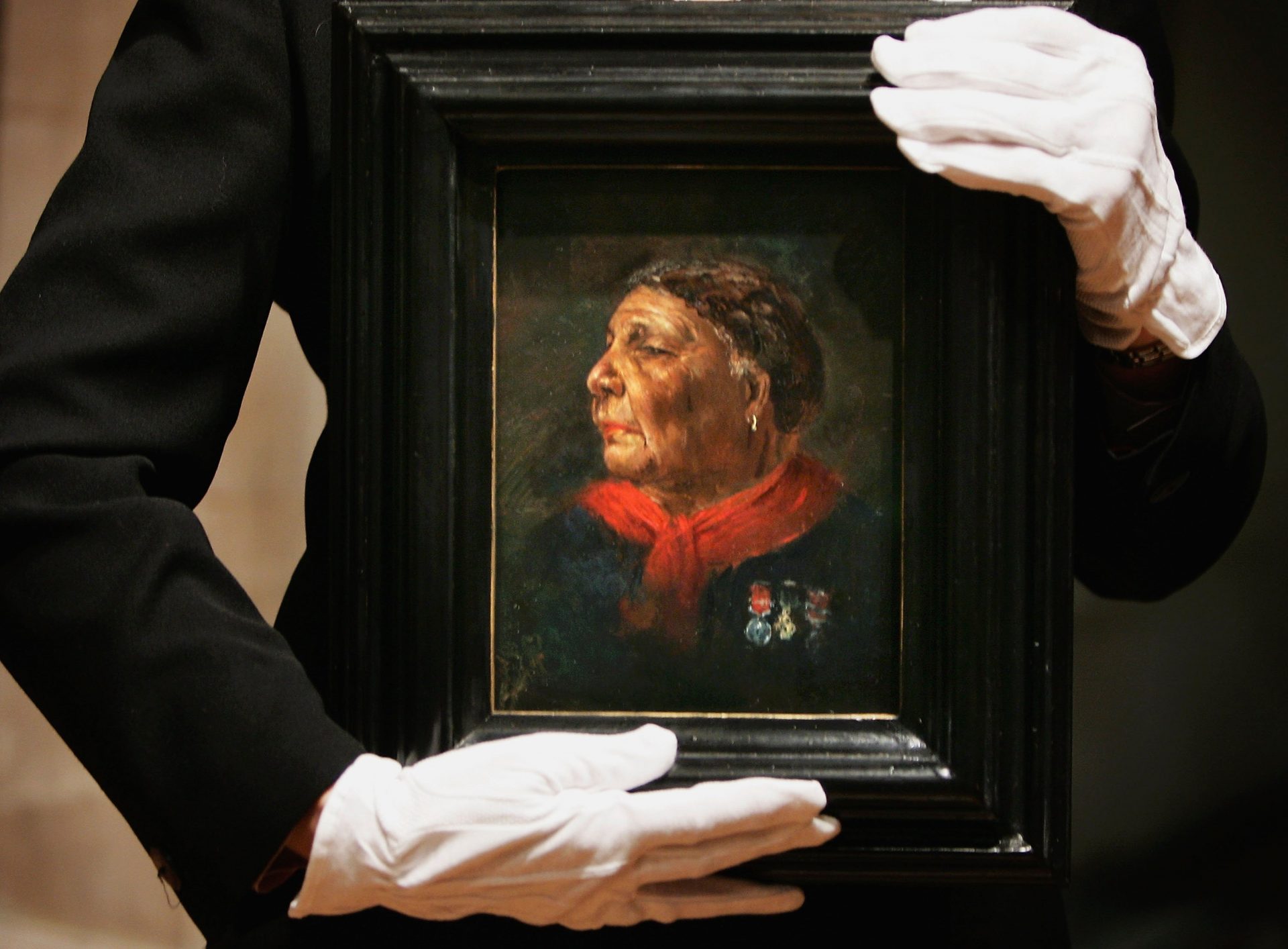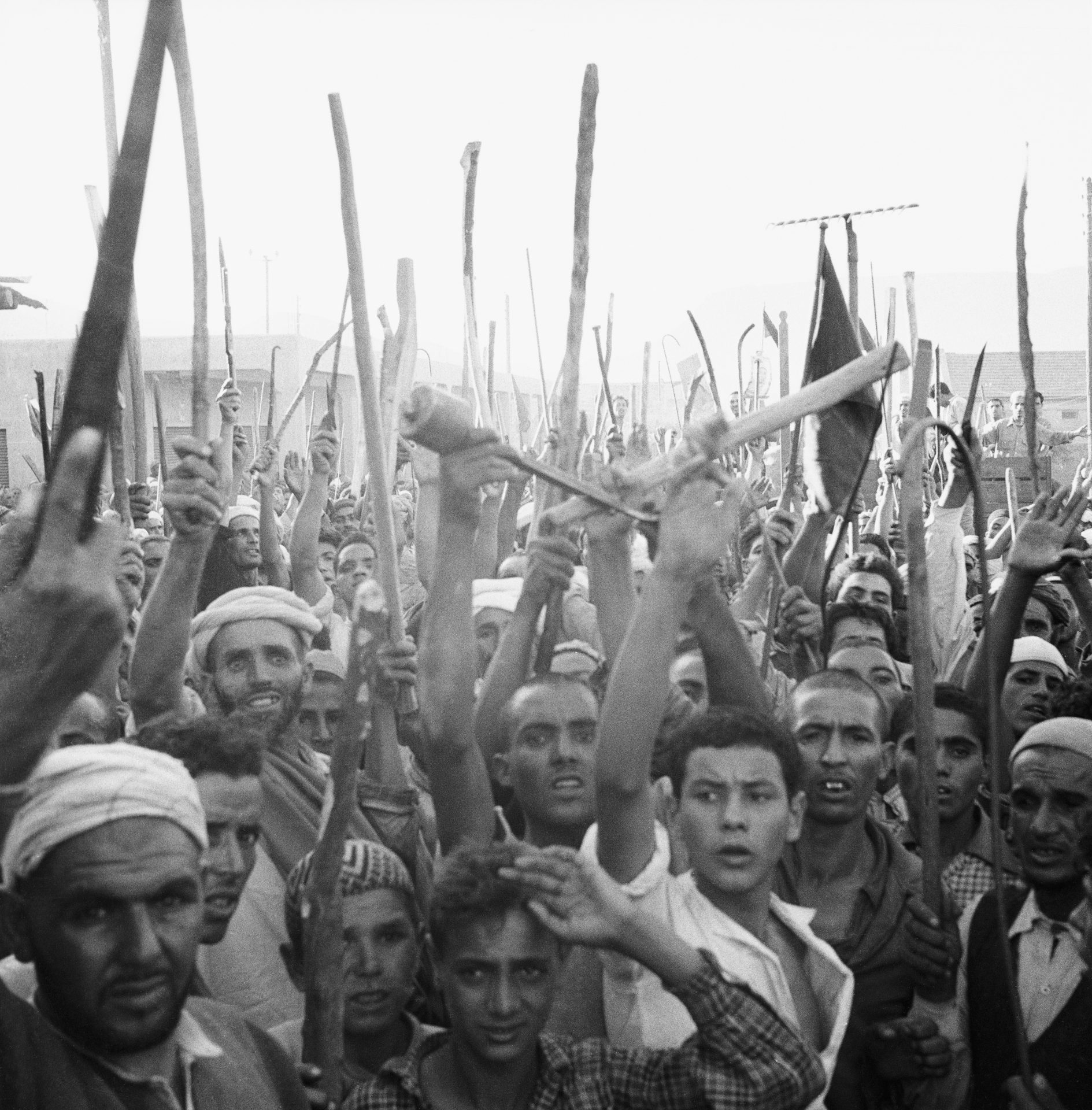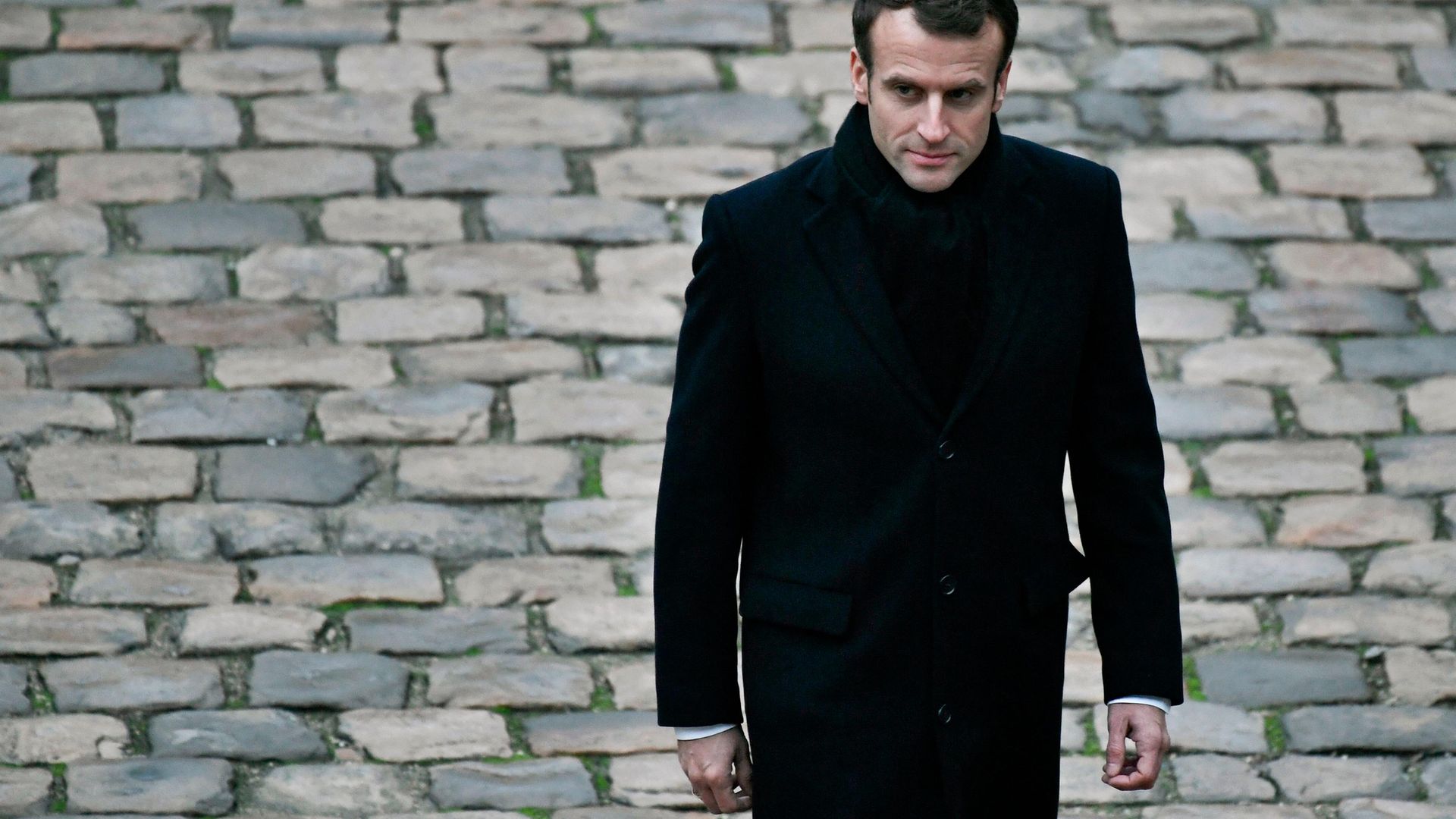For five short minutes in the battleground of Crimea, two of the most influential nurses in history met. One of these extraordinary women, Florence Nightingale, is a household name. The other, Mary Seacole, less so, although in recent years her reputation as a ground-breaker for both health professionals, women and Black Britons is increasingly recognised.
Mary Seacole was born in 1805 in Kingston, Jamaica, becoming a doctor on the island and travelling throughout the Caribbean and Central America developing her skills in nursing. After being snubbed by the establishment in her efforts to open a field hospital in Crimea, she travelled to Balaclava under her own steam and opened the ‘British Hotel’, a convalescence station for the wounded. She was lauded as ‘the Heroine of the Crimea’ and then returned to Britain where she eventually fell into poverty, not before being smeared as a drunk by her fellow nursing pioneer Nightingale. She died in a boarding room in Paddington in 1881 and was then, for a century, forgotten.
Today, a statue to her memory stands outside London’s St Thomas’ Hospital and in 2004 Seacole was voted the Greatest Black Briton.
During Black History Month this October, The New European is celebrating Black ground-breakers in our national journey towards a prejudice-free society.



